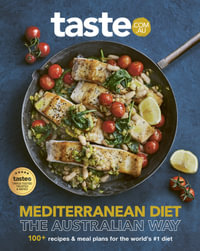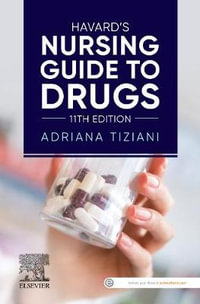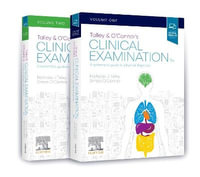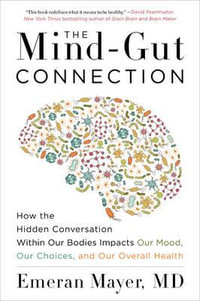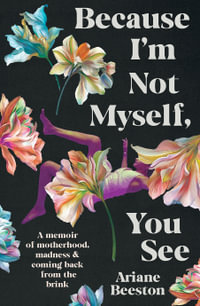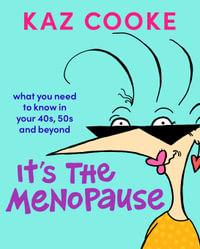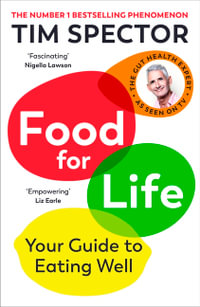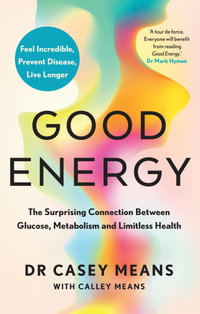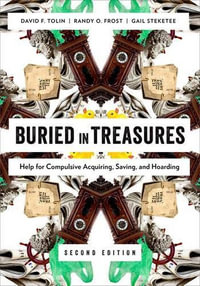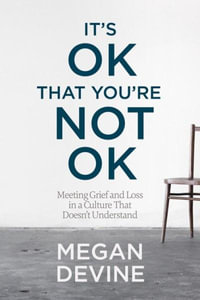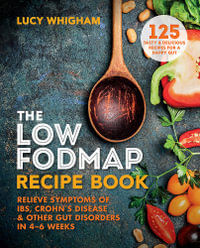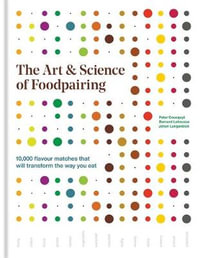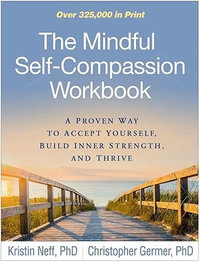What should you do when your child hurts? Two of the leading voices on pediatric pain teach us how to help children when they need us most.
From the sting of a needle to the agony of a life-threatening illness, children experience pain. When they do, they look to adults for help and comfort. But children's pain is poorly understood, not only by many parents, teachers, and coaches, but also by numerous doctors and nurses. In When Children Feel Pain, Rachel Rabkin Peachman, an award-winning science and parenting journalist, and Anna Wilson, a pediatric pain specialist, show how the latest medical advances can help us care for children when they suffer.
Untreated or misdiagnosed pain is an epidemic among children. Nearly one out of every five children in the United States suffers chronic pain, while 30 to 40 percent of children over age twelve report feeling some form of pain in any given week. Yet only a small fraction of children receives appropriate treatment, increasing the risk that they will struggle with pain later in life. But, as Peachman and Wilson show, if we give pain the attention it deserves early in life, we can minimize short-term distress and halt the development of long-term chronic pain problems.
Whether you are a parent, medical professional, teacher, or anyone else who cares for children, Peachman and Wilson can teach you how to help kids cope with pain. The authors dispel myths and fears surrounding childhood vaccination and opioid prescription medication and outline a range of effective pain-relieving strategies, from cognitive behavioral therapy to parent-led soothing techniques. Helping children address pain is not only at the heart of caretaking; it also proves to be a foundation for lifelong health.
Industry Reviews
Vital, eye-opening, and wildly helpful. It punctures both ignorance (babies don't feel pain, have no memory of pain, and we can't help them anyway) and denial ('My baby? In pain?'). Every parent will come away from its pages enlightened. -- Wendy Mogel, author of The Blessing of a Skinned Knee and Voice Lessons for Parents
An absolute gem! This book weaves together cutting-edge scientific evidence, patient perspectives, and practical guidance on how to alleviate pain and suffering in children. With contributions from dozens of pediatric pain experts, the authors beautifully distill decades of data into easy-to-understand, actionable, and transformative tips. A must-read for pediatric providers and parents alike! -- Rachael Coakley, author of When Your Child Hurts
From babies getting their first shots, to chronic pain and the stigma so often associated with it, Peachman and Wilson draw on their personal and professional insights to offer a new-and-improved understanding of pain and how to more effectively manage it. Well-researched, compelling, and empowering, this book will help anyone who has, cares for, or cares about children. Should be required reading for all medical students and children's health professionals. -- Laura A. Jana, author of Heading Home with Your Newborn and The Toddler Brain
A road map to relief! A must-read that distills the science of pain and provides readers with a practical plan to relieve the suffering of children. Learn how to restore children to healthy living and their best possible adulthood. -- Beth Darnall, author of Less Pain, Fewer Pills and The Opioid-Free Pain Relief Kit
[An] alarming and accessible look at pediatric pain management...Their message that addressing pain beginning in childhood is not only an obligate kindness but essential for managing long-term health is a powerful one. This is worth a look for medical professionals and parents alike. * Publishers Weekly (starred review) *
By providing targeted, practical recommendations backed by relevant scientific evidence and evidence-based practice and framed with recognizable, validating examples, When Children Feel Pain can help parents, as well as the myriad professionals who work with children, feel better prepared to support children when they experience pain and pain-associated medical, functional, and psychological challenges. -- Mimi Stotsky * Pediatric Pain Letter *

